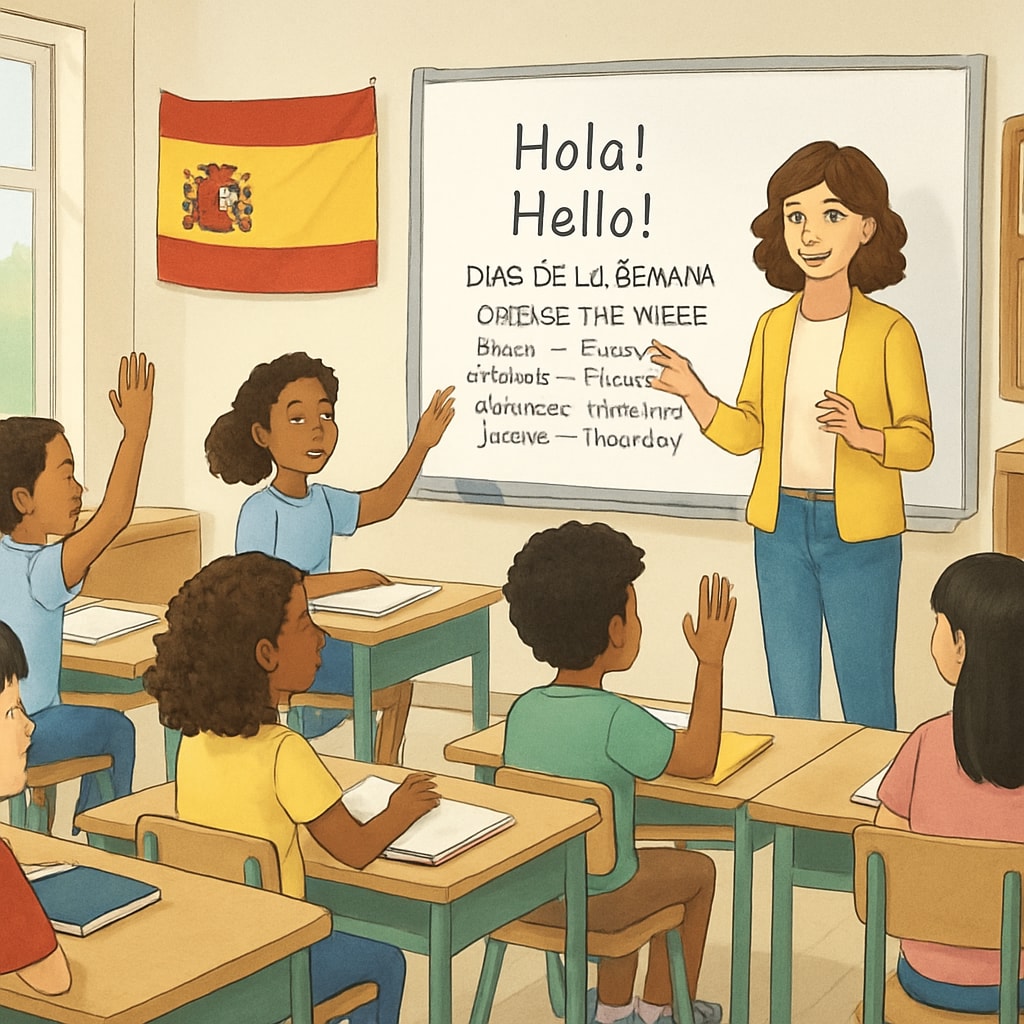For families planning to study in Spain, pursuing a master’s degree while ensuring their children thrive in an international environment is a multifaceted goal. Spain’s education system, particularly its K12 segment, offers unique opportunities for cultural and academic growth. However, adapting to a new cultural and educational landscape can pose significant challenges. This article delves into Spain’s K12 education, its benefits for international families, and practical tips for navigating cultural adaptation.
Why Choose Spain for K12 Education?
Spain is not only a popular destination for higher education but also offers a robust K12 education system. The country emphasizes holistic learning, blending academic rigor with extracurricular activities such as sports, arts, and cultural studies. International students are particularly drawn to Spain’s bilingual and multilingual programs, which often integrate Spanish and English or other regional languages like Catalan, Galician, or Basque.
Moreover, Spain’s public and private schools follow globally recognized curricula. For example, many private institutions offer the International Baccalaureate (IB) program, which is highly regarded worldwide. Public schools, funded by the government, provide free education and are an excellent option for families seeking an immersive cultural experience for their children.
- Affordability: Compared to other European countries, the cost of living and tuition in Spain is relatively lower, making it an attractive choice for families on a budget.
- Diversity: Spain’s vibrant multicultural environment allows international students to interact with peers from various cultural backgrounds.
- Focus on Well-Being: Spanish schools prioritize student mental health and emotional well-being through counseling and support services.

Challenges of Cultural Adaptation for Families
Despite its advantages, relocating to Spain comes with its own set of challenges. Cultural adaptation, particularly for families with children, requires careful planning and patience. The Spanish education system may differ significantly from what international students are accustomed to, especially in terms of teaching methods, classroom dynamics, and assessment criteria.
For instance, many Spanish schools encourage collaborative learning and value participation over rote memorization. This approach might feel unfamiliar to students from more structured or exam-focused educational systems. Additionally, language barriers can be a hurdle for both parents and children, especially if they are not proficient in Spanish or the regional language of their chosen school.
Families can mitigate these challenges by:
- Enrolling in language classes to improve fluency before and during their stay.
- Choosing international schools for a smoother transition into Spanish education.
- Engaging with local communities to foster cultural understanding and build support networks.

Practical Tips for a Smooth Transition
To ensure a successful transition for both parents and children, preparation is key. Here are some practical steps families can take:
- School Research: Start researching schools early to identify institutions that align with your educational values and goals.
- Visit Schools in Advance: If possible, visit potential schools to get a firsthand understanding of their environment and facilities.
- Plan for Cultural Immersion: Encourage children to participate in local events, sports, or hobby groups to build friendships and embrace Spanish culture.
- Stay Informed: Familiarize yourself with Spain’s education policies and requirements to avoid administrative hurdles.
In addition, leveraging resources like Education in Spain on Wikipedia can offer valuable insights into the country’s system. Similarly, platforms like Britannica’s Spain Education Overview provide detailed overviews for families planning their move.
Conclusion: Balancing Education and Cultural Growth
For families pursuing a master’s degree in Spain, the K12 education system presents a unique opportunity to blend academic aspirations with cultural enrichment. While challenges such as language barriers and cultural differences may arise, they can be effectively addressed through preparation and community engagement. By embracing Spain’s dynamic and inclusive education system, families can ensure their children not only excel academically but also develop a global perspective—a valuable asset in today’s increasingly interconnected world.
As a result, Spain stands out as a destination where higher education and K12 schooling mutually reinforce one another, offering a fulfilling journey for the entire family.
Readability guidance: This article aims for clarity and accessibility, with short paragraphs, lists summarizing key points, and frequent use of transition words. The content balances professional insights with practical advice, ensuring it is both informative and reader-friendly.


